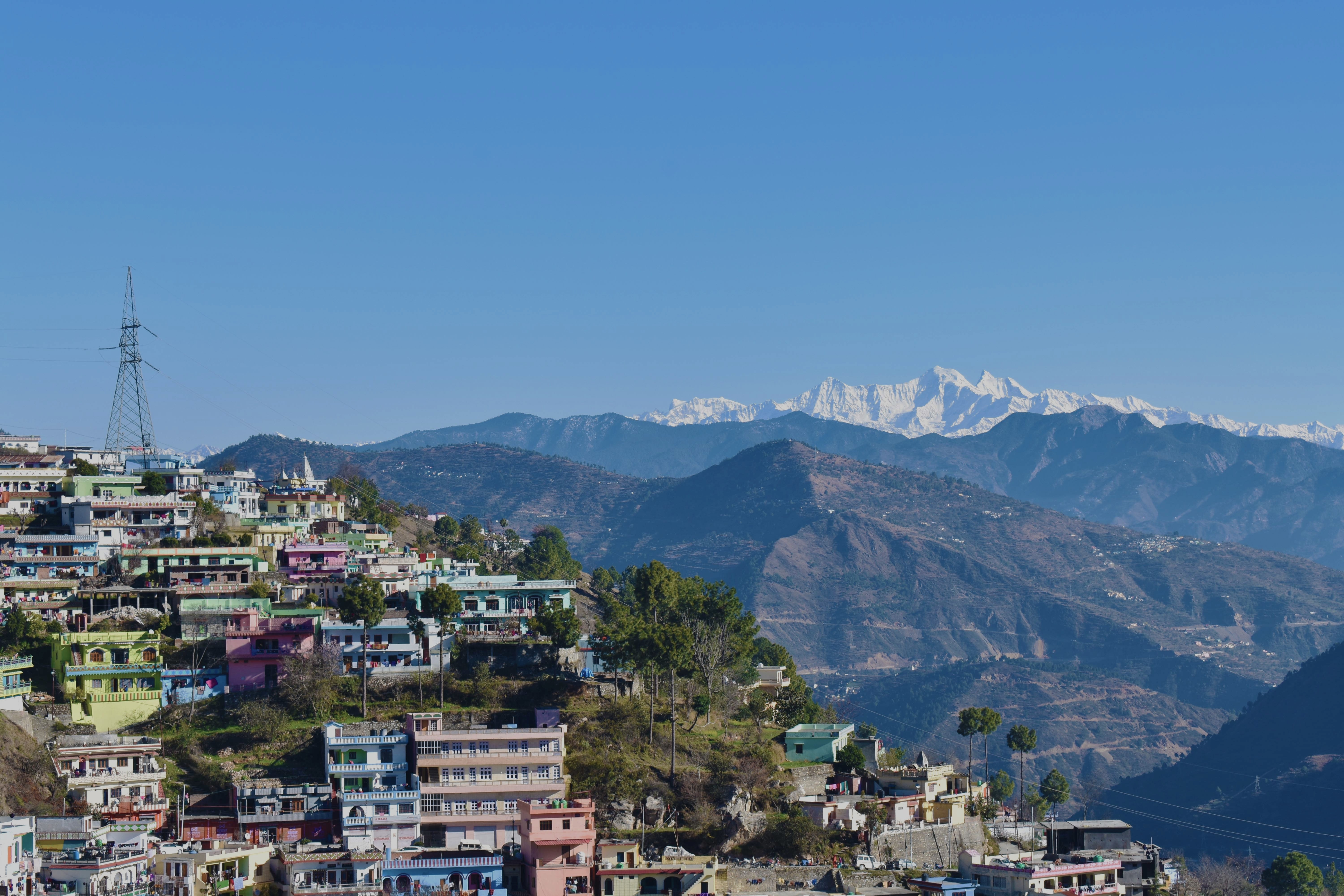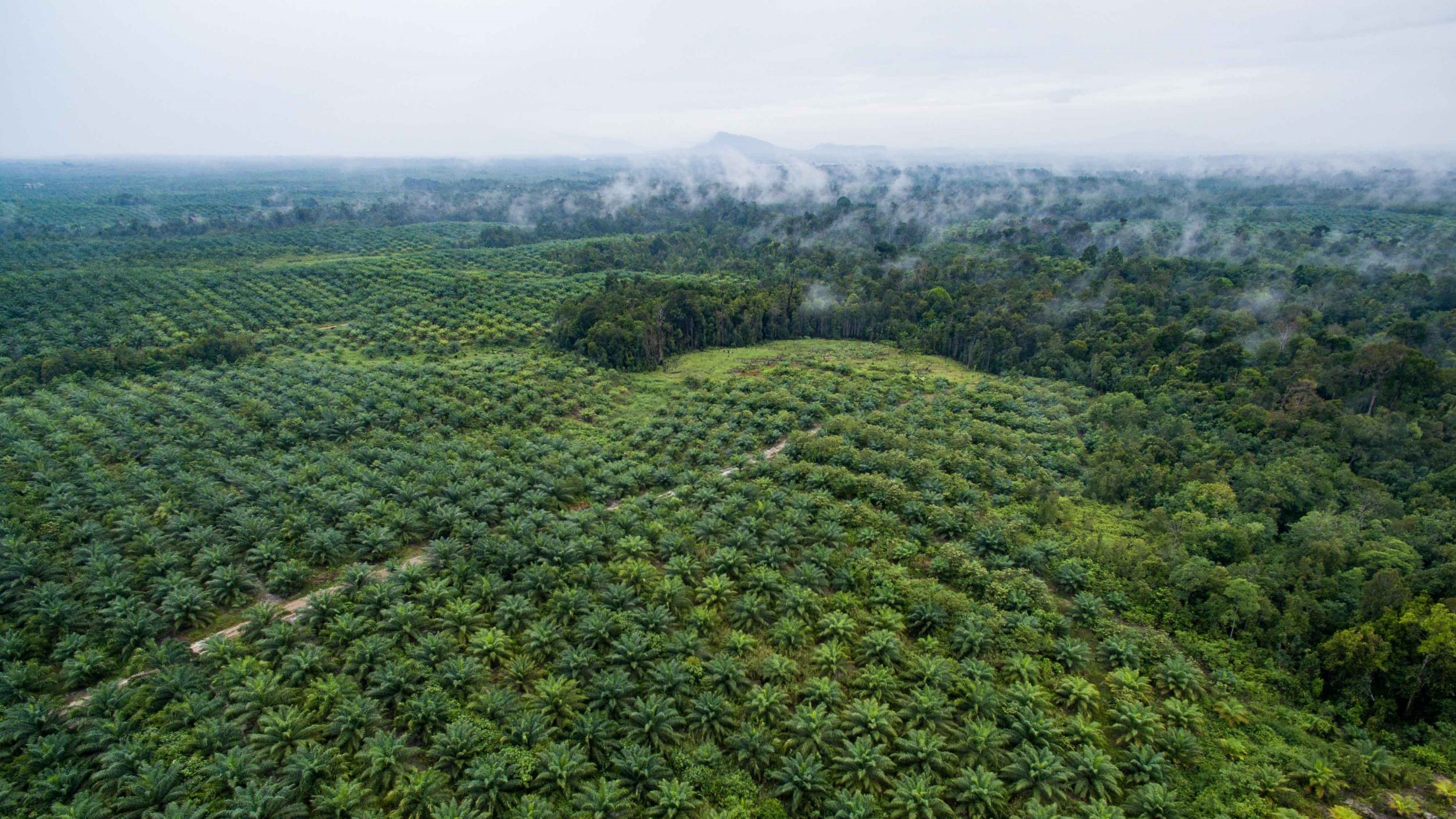Recent agricultural policy reforms in India and the UK have highlighted a fundamental paradox: food is the most important good produced in the world, yet those who produce it struggle to earn a living without government subsidies, or by damaging the environment. LSE ID alum, Suhrid Patel questions whether the new UK policy could represent a new approach to support farmers to earn a living by not just producing our food, but also by safeguarding our environment?
Reforms to agricultural policy in both India and the UK have recently been in the news. They highlight many common challenges faced by the agriculture sector in both countries, and also a fundamental paradox: food is the most important good produced in the world, yet those who produce it struggle to earn a living without also damaging the environment.
In India, three key farm reform bills have be passed. Most controversial are plans to liberalize the marketing system to allow private traders and companies to directly buy from farmers without having to go through Agricultural Produce Marketing Committees (APMCs). Supporters of the reforms says this will help farmers by broadening the choice of buyers they can sell to and incentivize investment in modern supply chains. Those against the reforms, however, feel that private players will squeeze out the APMCs and eventually create their own monopolies. By far the biggest controversy has raged around a fear that the reforms will lead to farmers no longer being able to benefit from minimum support prices (MSP) for their produce that are announced by the government, and implemented via procurement schemes that run through the APMCs.
Meanwhile, in UK, the government has announced that post-Brexit it will phase out direct payments that farmers currently receive under the EU’s Common Agricultural Policy (CAP) and replace them with payments linked to farmers’ supply of ‘environmental services’ such as reducing carbon emissions, restoring woodlands, protecting biodiversity and animal welfare, and more sustainable soil and pest management practices. The reform represents a major change and, for many British farmers, the loss of CAP payments is a source of anxiety as these subsidies currently make up more than half the income of an average farm and, without them, many would not be able to make a viable living from agriculture.
So here is the first shared challenge between the UK’s (and for that matter the rest of the EU) agriculture sector and that in India (and many other developing countries): without government financial support, farmers would struggle to earn a living. While the EU has been subsidising its farmers directly just for owning land, in India, the government attempts to support them via the MSP prices mentioned above, as well as subsidies on fertilizers, electricity and crop insurance.
However, these supports have, in turn, contributed to another common challenge: environmental damage from intensive farming.
In India, problems have arisen because, in practice, MSP is only implemented for crops and locations where the government actively procures from farmers (such as wheat and paddy in Punjab, Haryana and Madhya Pradesh), or where large industries provides guaranteed markets (e.g. for sugarcane and cotton). This has resulted in farmers in these regions growing these crops much more intensely than other options. The issue with this is that, firstly, these crops all happen to be water intensive, and secondly, they extract the same nutrients from the soil. Furthermore, with virtually free electricity, water is pumped out at will to grow these crops, while subsidized fertilizer, and in particular nitrogen-rich urea, means farmers overuse chemicals in order to keep getting good yields.
This has long-term implications for both India’s soil health and water resources, which are fast depleting. Meanwhile, stubble burning of paddy is a contributor to the dangerous air pollution that envelops North India every winter. The narrow time gap between the paddy harvest and wheat planting means farmers burn their paddy stubble to rapidly turnover their fields for the wheat crop. If it were not for these incentives that made it so much more profitable to grow just these two crops, farmers would cultivate a more natural, and diverse, combination of crops that are in line with local resources and that complemented each other’s nutrient requirements.
Over in Europe, the CAP support does little to incentivize sustainable solutions to soil health and pest management, and so problems have arisen around over use of fertilizers pesticides to intensively grow mono-crops. This creates problems such as an increased carbon footprint, soil degradation, leaching of excess fertilizer into water bodies, and decline in biodiversity.
So what is the way out? If food is our most important consumer good, then should we let the markets work and let food prices rise so farmers can earn a living without subsidies, and also follow more sustainable practices? You could argue in developing countries, where much of the poor are also employed in agriculture, such a move would actually help reduce poverty. In practice, however, the impact on food security for those on low incomes in the non-farm sector, and the impact on the wider economy via reduced disposable incomes, means this is probably not feasible. Even in developed countries food affordability remains an issue, as has been brought to light by the campaigns of Marcus Rashford in the UK this year!
Moreover, in reality, history has shown that such a move may end up just resulting in even more unsustainable intensification of agricultural practices as farmers race to become more cost competitive. Note, for example, how the most cost-efficient farms in the world tend to be huge mono-cultures (for example of maize and soybeans in the Americas, and oil palm in southeast Asia). A long list of environmental issues are associated with such farming models and, globally,agriculture is already attributed to be causing over 10% of man-made greenhouse gas emissions.
A promising solution could therefore indeed be the new policy in UK that will pay farmers for their environmental services and not just subsidize them for being farmers. If implemented well, it could support farmers to earn a living by not just producing our food, but also by safeguarding our environment. There is a need to explore how the concept can be adapted to fit in different contexts in different parts of the world and, in the private sector, there are already many similar localized initiatives.
Turning back to India, I have written in the past about some of the ways in which the country’s agriculture sector could transform itself along greener lines and the opportunities these create for international green investors.. These opportunities include more efficient use of water and fertilizer, and circular economy models to make Indian farmers producers of renewable energy. There are many other activities that can also be added to this list such as soil management practices that sequester carbon, as well as agro-forestry.
This article was first posted on Bridge India.





